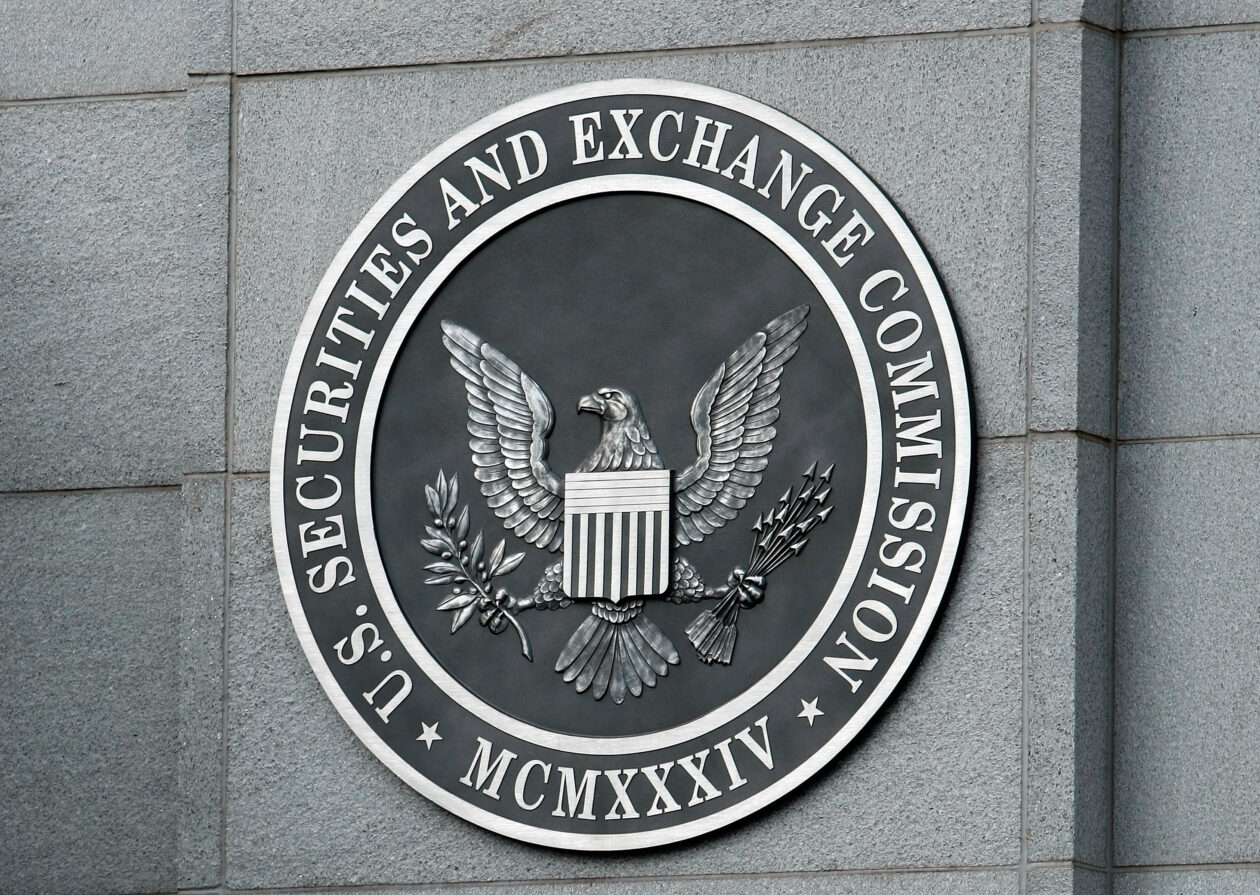The U.S. Securities and Exchange Commission (SEC) was granted emergency relief on Monday to freeze and appoint a receiver for the assets of Miami-based hedge fund BKCoin and one of its co-founders, Kevin Kang, in an alleged cryptocurrency fraud scheme.
See related article: U.S. banking regulators warn against cryptocurrency fraud, contagion risks
Fast facts
- Kang and BKCoin allegedly used US$3.6 million worth of “Ponzi-like payments” to fund investors after raising US$100 million from at least 55 investors, the SEC said.
- The SEC also accused Kang of commingling with client assets to fund a personal splurge of at least US$371,000 on sporting tickets, vacations, and a “New York City apartment.” The agency said it is seeking permanent injunctions against BKCoin and Kang.
- Last October, BKCoin suspended Kang from employment and sued him for diverting US$12 million in cash and other assets from BKCoin’s multi-strategy funds.
- The SEC has been accelerating its crackdown on crypto-related fraud. It filed nine cyber enforcement actions related to crypto so far this year, compared to two actions filed over the same period in 2022.
- Illicit crypto transaction volume rose to an all-time high of US$20.1 billion in 2022. However, crypto scam revenue fell to US$5.9 billion from US$10.9 billion recorded in 2021 due to falling crypto prices, according to blockchain forensics firm Chainalysis.
See related article: Do Kwon, founder of collapsed Terra stablecoin, charged with fraud by U.S. securities regulator




